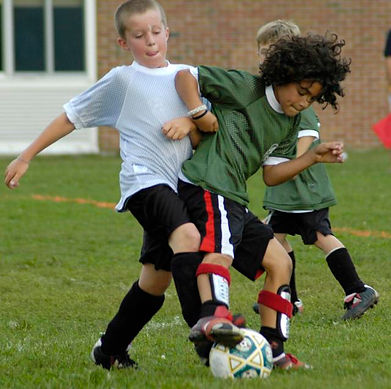Acerca de

Impact of the Parent
Parents usually don’t realize how strong their influence over their child is. Kids pick up on parents’ unspoken desires and expectations when it comes to sports. This can add unnecessary or unhealthy stress to their lives, and parents need to be aware of their power.
The Motivation of participation to Soccer.
So what exactly is a parent’s impact on their child or teen’s sport participation? For some children, their parents are the entire reason they are involved in soccer at all. For others, the specific sport they chose was influenced by a parent. In these situations, usually a parent will have had previous experience with soccer and consciously or unconsciously pushed their child or teen to follow in their footsteps.
This is not wrong or bad. It only becomes a problem if the athlete decides they do not want to participate in soccer and feels obligated to continue because of a parent. Coaches should look for warning signs that an athlete is not interested in the sport and talk to the parents. Warning signs include:
• Reluctance to participate, especially in the presence of an excited, encouraging parent
• Desire to avoid the spotlight, even if the athlete is talented
• Missing practices or competitions without the parent’s knowledge
These behaviors can mean that an athlete is only participating in a sport to please a parent. It can also mean that they don’t want to try at the sport, for fear of not living up to a parent’s expectations or the parent’s personal performance level. Rather than be a disappointment, an athlete would rather not participate at all.
The Opinion of the Coach or the Team
Parents also impact an athlete’s view of the coach. When parents support coaches, athletes are more likely to respect coaches as well and listen to their feedback. If parents undermine coaches or speak ill of them in the athlete’s presence, the athlete is more likely to rebel or cause problems during practices and competitions.
It is very easy to know for a coach to see parents influence on their players. Look for these behavioral signs in your athletes:
• Reluctance to follow a specific rule; this could be a result of a parent influencing the athlete against a certain procedure
• Push-back when you provide the athlete feedback
• Disagreements or conflict that include the phrase “Well my parent says…”
• Sudden changes in behavior or attitude